Last Updated on July 30, 2021
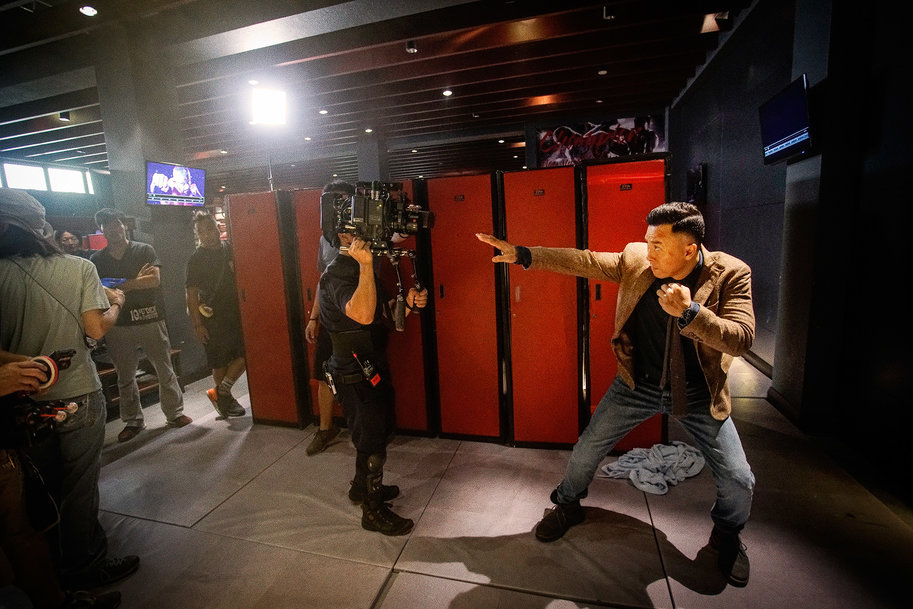
I've been obsessed with martial arts cinema since about the time I turned thirteen, when I first laid my eyes on a VHS copy of the seminal Bruce Lee classic, ENTER THE DRAGON. That was my gateway drug of choice to kung-fu cinema, which eventually led me to discover Hong Kong action cinema and, of course, one of the undisputed greats, Donnie Yen. He's had a crazy career, starting out as heavies opposite people like Jet Li in ONCE UPON A TIME IN CHINA II and HERO, before eventually rising to global megastardom in the IP MAN series.
Now in the rare position of being bankable both in the East and the West, Yen is using his clout to make what seems to be his big passion project, BIG BROTHER (which had its world premiere at the Fantasia Film Festival in Montreal). In it, he plays a former soldier turned school teacher, who uses his kung fu prowess to inspire his students. I was lucky enough to chat with Yen, who called me from a busy airport for an in-depth talk about the film, his views on Chinese vs. American films, and the three directors he'd drop everything to work with.
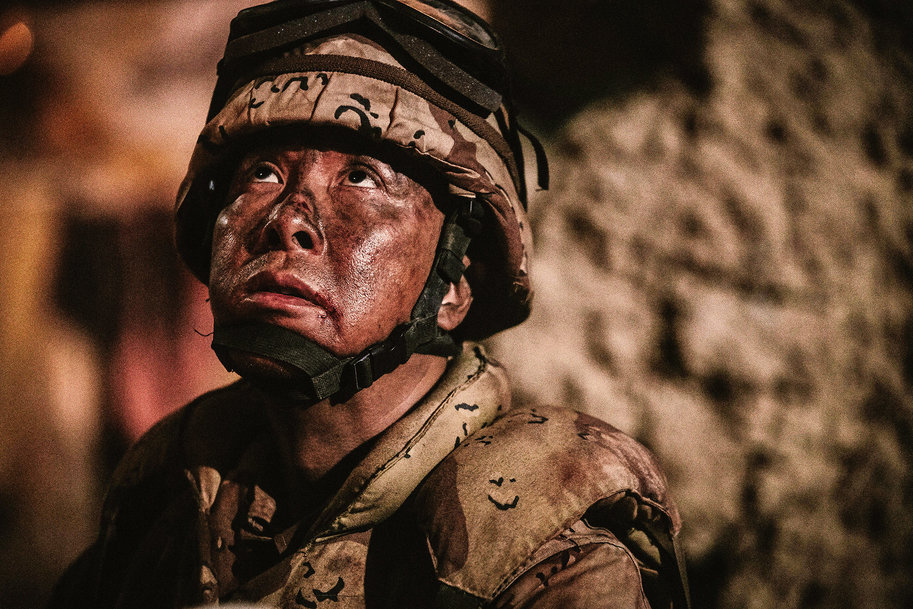
Your new movie, BIG BROTHER, seems geared towards a younger audience than usual for you – teenagers. Is there a message you hope to get across to them?
It’s something I’ve been wanting to do for the longest time. I wanted to make an educational film, actually, but as a filmmaker who’s constantly in the habit of making commercial action films, I had to convince the buyers in the market to support this project. I wanted to convey the message that I wanted to convey, but at the same time make sure it had all the action and exciting elements. But, I think you’ll be very surprised if you watch the entire film that you find its a lot more in-depth on the story that I wanted to tap into , which is the educational system that children face today. What we’ve seen based on the trailers that I released – those are eye candy – those are you know, you look at a film like this, and then you look at the trailer, it’s cut towards attracting an audience, but it’s not until you watch the entire film that you understand the context. It’s very in-depth – very real. It’s what’s happening today.
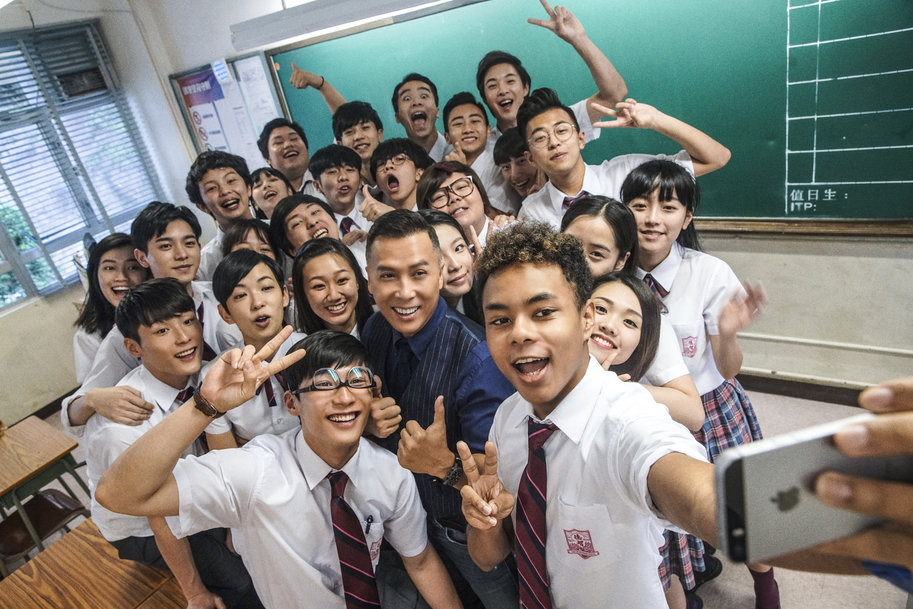
As a father myself, as a parent, I deal with this every day. You go to these parent’s meetings, you see the teachers, you speak to the kids, and you know what kind of social pressure they have – that kids have growing up. I did. We all went to school, and we understand what it’s like to have these different problems growing up as a teenager. So that’s the content I wanted. Obviously I can’t touch completely on what’s going on in society, but I found a way where my story is about five students, and how I, myself as a teacher inspires them. They all have very different stories behind them. Two twin brothers have a problem with their alcoholic father and poverty and family violence, and another storyline focuses on a traditional chinese family, which could maybe apply to a lot of other ethnic groups as well when it comes to how the boys are favored over the girls… So one of my students in the film is a girl and feels that her father loves her younger brother much more.
I wanted to write about these things, but in a very light way, not too serious, I don’t want to…you know how sometimes in the past you see films about high school they can be…
Heavy handed?
Yeah, I didn’t want to do that. Just enough, but I didn’t want to over-dramatize the story. I wanted to be as real as possible, dealing with real family problems, real social problems, but package it as an action movie.
It’s interesting to hear you say that, because as I’m sure you’re aware, you’re the idol to children all over the world, and I’m sure you feel that responsibility.
Absolutely. That’s why, the movie before that, I did a movie called CHASING THE DRAGON, where I played a drug lord. I spent the entire shoot… it was contradictory to what I preach or how I practice my lifestyle. I took that role for many reasons, one of which was that as an actor I need to find a creative breakthrough, and when I agreed to do that film I didn’t want to do it half way and I had to be professional. But, I wasn’t happy. Every day I took that kind of negative spirit back to my home, and it was quite frustrating for me. After that I told myself (chuckling), once is enough. I’m gonna go back to what I always believed in – films with a positive energy that inspire young people.
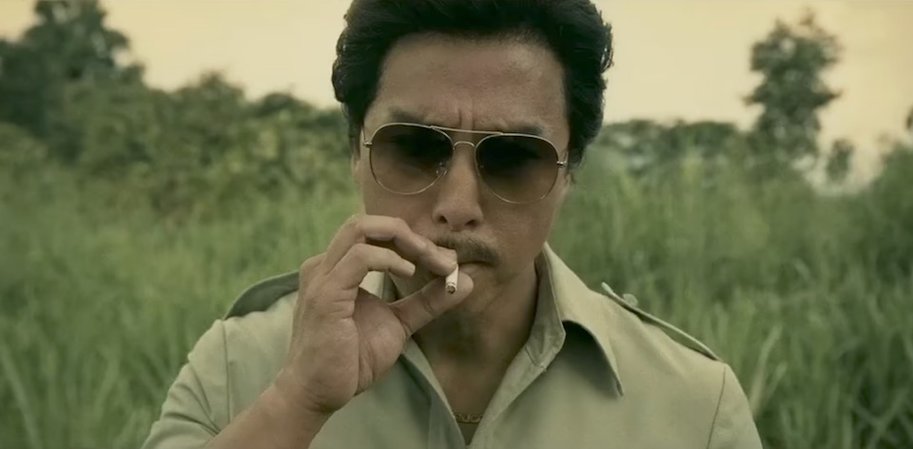
I thought you were really great in that though. I liked your performance.
Thank you! I mean, when I decided to produce that film, I handled pretty much ninety percent of the whole film, on set, editing, structuring the whole story – all the way down to the music. I wanted to have a change – I didn’t want to fall back on that typical, gangster revenge story. I wanted to make something… to pull that kind of family integrity into a drug cartel/ drug lord – I mean, the main character, he’s a drug lord, but to him it’s about family, loyalty, and friendships. I wanted to hold on to that and fortunately it game out pretty good.
You mentioned that with BIG BROTHER you wanted to put out a specific message. Now, your films have a worldwide audience. I’m probably going to the premiere – and it’s in North America – not the U.S – but North America. So, when you make a movie like BIG BROTHER, are you trying to make it universal?
That’s a very good question, because I think without really focusing on which market I want to concentrate on, automatically when I make films I want all audiences to appreciate the film. Even coming up with a story or how I want to tell the story, it’s for an international audience. And I think BIG BROTHER is a movie that people of all races will appreciate and understand.
Chinese cinema has gone universal. I used to buy Chinese movies on VCD in Chinatown – now you can find them easily. As someone who’s had a really long and really great career, how to you compare working on Hong Kong movies in the eighties and nineties to what’s going on now?
There a huge difference from the old days, especially Hong Kong films. Just the way we made films, with the low budgets and we didn’t have enough ressources, and also our culture – we do things fast. We want things fast! We can’t afford to prep for six months or maybe more and then spend another year on the production. When we make a film we want to get it out! So all those elements have trained us to be flexible and efficient. We do things cheap and fast. But, I think people do get more sophisticated, and as our economy improved and the technology has gone towards having a much bigger market – with China soon to surpass North America. With that comes resources. And those resources, with our understanding, from watching and studying American films, adding on the way we’ve been making films… speaking for myself having been in a couple of American films – well- I mean, when you’re talking about American films you’re essentially talking about Western filmmaking. How to make a film and what is good about a film. The structure, the finance, the distribution, the marketing.That’s the gold standard, that’s the bible and I’m still learning. Chinese filmmakers are still learning, but at the same time we have an edge. We’ve been watching and studying these films. But – vice versa – I don’t think enough western filmmakers have spent the time to really analyse the Asian market – that’s why you’ll notice a lot of American films don’t work over here…
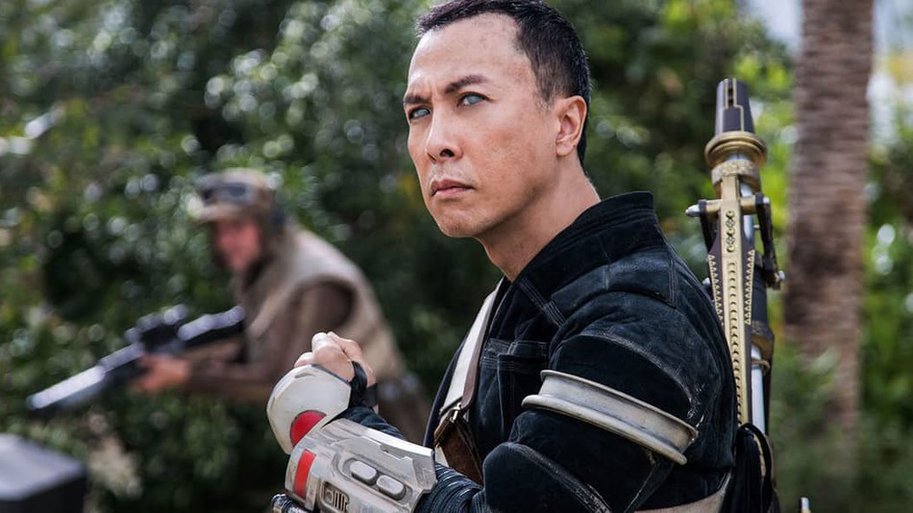
Well, I mean, STAR WARS doesn’t work in China...
Yeah, and that’s unfortunate. STAR WARS – Chinese audiences didn’t grow up with Star Wars culture so unfortunetly it didn’t work. Marvel is a lot easier to understand. Star Wars, there’s a whole universe out there. Marvel, from the costumes, to the music, to the idols, to the stars, it's much easier to close the gap between the film itself and the audience.
It’s interesting you say China has an edge…
Well, I’m gonna rephrase myself a bit, I don’t mean all Chinese films have an edge. Just certain films and filmakers but there’s a long way to go. The majority of films and filmmakers, I still think they are enjoying themselves because they have these enormous resources and all these markets and money, and the audience is buying tickets. It’s supply and demand. You have an audience that’s not as sophisticated as the western audience – YET – but they have the leisure to go to films and that’s allowed many filmmakers to have a massive audience and opportunities to make any kind of films they want to make. As a result, there’s the good and bad. The good – you have a lot of filmmakers who explore and experiment, but at the same time you have a lot of not good films as well. It’s a process, it’s part of a developing film industry, but it’s promising and the market is huge.
I have to ask – you have a huge lineup of movies coming out but is there still any director you would drop anything to work with.
Oh man, well instead of giving you one I have to give you three. I think Martin Scorsese. And who wouldn’t want to work with Steven Spielberg?
Oh yeah, that would be a natural – I could see you and Spielberg doing a great movie together. Heck, you could be Indiana Jones.
(Laughs) – and maybe Ridley Scott. There are so many…Coppola…there are so many amazing, talented directors. I hope in my career, if i’m still around, I have a chance to learn something from just working with them.
I think they’d also learn something from you!
Well, hopefully I’d have something to offer them. Like Star Wars – I believe I did some stuff…
Well, it’s been a pleasure talking to you sir! Thank you so much.
Thank you!
BIG BROTHER hits Chinese cinemas August 17th, and should make it's way to North America shortly after.
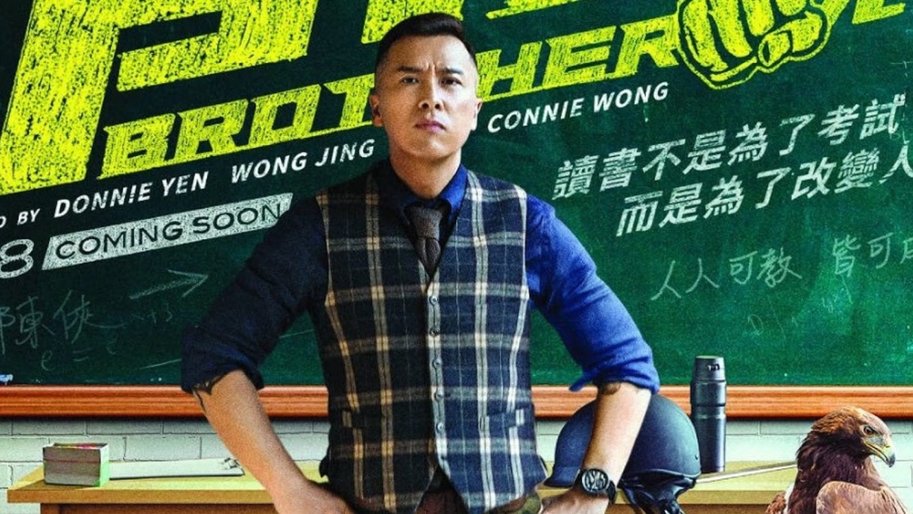




























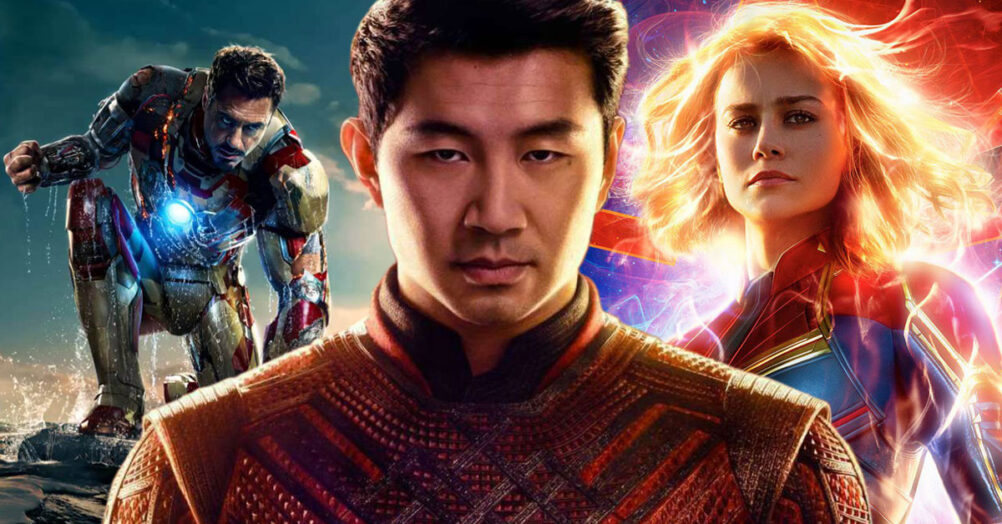





Follow the JOBLO MOVIE NETWORK
Follow us on YOUTUBE
Follow ARROW IN THE HEAD
Follow AITH on YOUTUBE